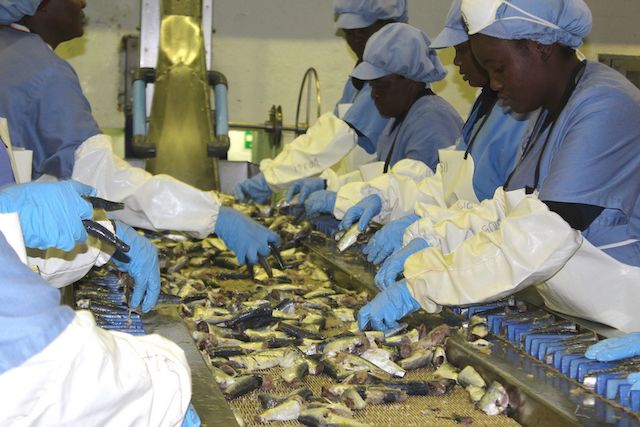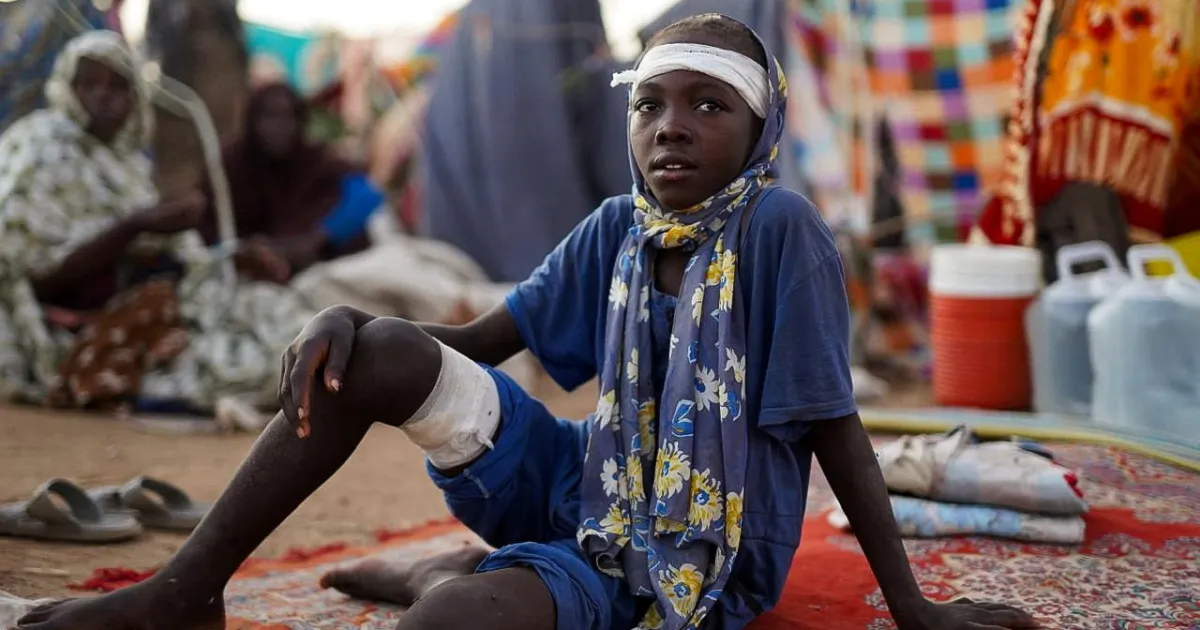Copyright namibian

The fishing industry has warned that the Cabinet-approved total allowable catch (TAC) for hake may put pressure on operations, even as the government insists the quota is guided by scientific advice to protect the resource. The Cabinet recently set the hake TAC at 133 000 metric tonnes for the 2025/26 fishing season, marking a reduction from the previous year’s one-off allocation of 140 000 metric tonnes. The Confederation of Namibian Fishing Associations (CNFA) says while the industry accepts the need for science-based management, the lower quota level poses financial and operational challenges for companies already struggling with high fuel prices, vessel maintenance costs and exchange rate fluctuations. “Fishing quota will never be enough. It’s just like one’s salary. The health of our stock is of paramount importance. Notwithstanding the operational challenges, the sector will adjust its operations accordingly as per quota allocation. It is not an easy exercise but we have to respect the science,” says CNFA chairperson Matti Amukwa. He says the Cabinet’s decision is based on scientific recommendations, which the hake association supports, as it ensures long-term stock sustainability for future generations. Amukwa warns that increasing quotas on economic grounds without scientific justification could damage the hake resource and threaten thousands of jobs dependent on the fishery sector. “Not reducing quotas on economic grounds and ignoring science can cause irreparable harm to the stock, ultimately resulting in the collapse of the hake stock, fisheries and job losses,” he adds. He also identifies illegal, unreported and unregulated fishing as a major threat to stock recovery. “Illegal fishing threatens sustainability of the stock. We offered to assist the government logistically and financially,” he says. Amukwa adds that while existing monitoring and compliance mechanisms are working, there is still room for improvement. Last year, minister of information and communication technology Emma Theofelus announced that the 2024/25 TAC would run from 1 November 2024 to 30 September 2025, and that the Cabinet had directed the Ministry of Agriculture, Fisheries, Water and Land Reform to consider gradually reducing quotas in future to align with scientific recommendations. The latest decision follows that directive, which aims to maintain the long-term sustainability of Namibia’s hake stocks amid growing pressure on marine resources and the effects of climate variability. Questions sent to the ministry of fisheries by The Namibian on the scientific and economic factors that informed the Cabinet’s decision were not answered by the time of going to print.



